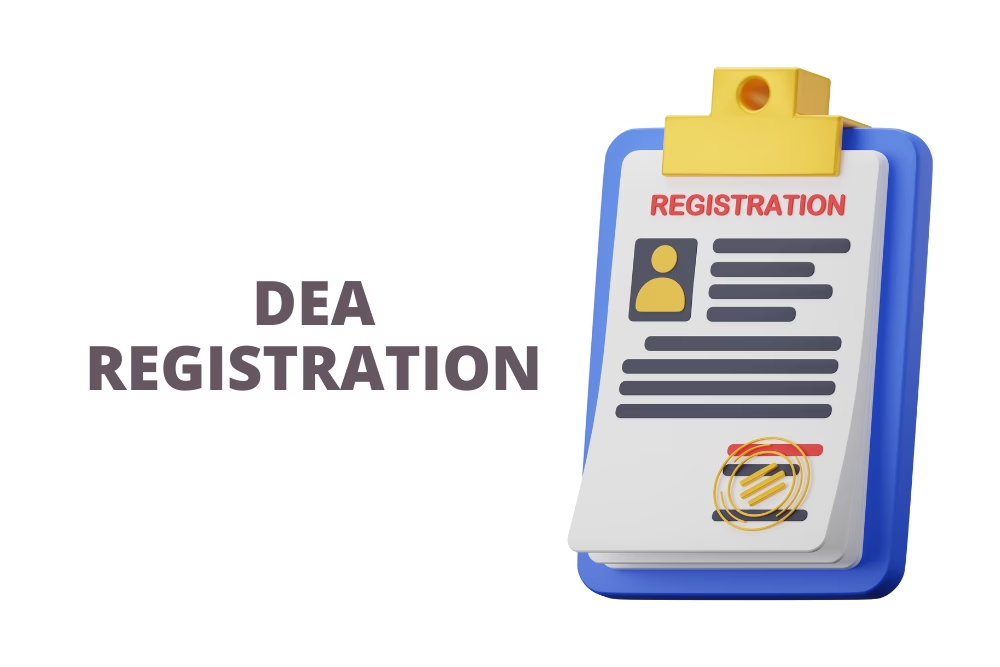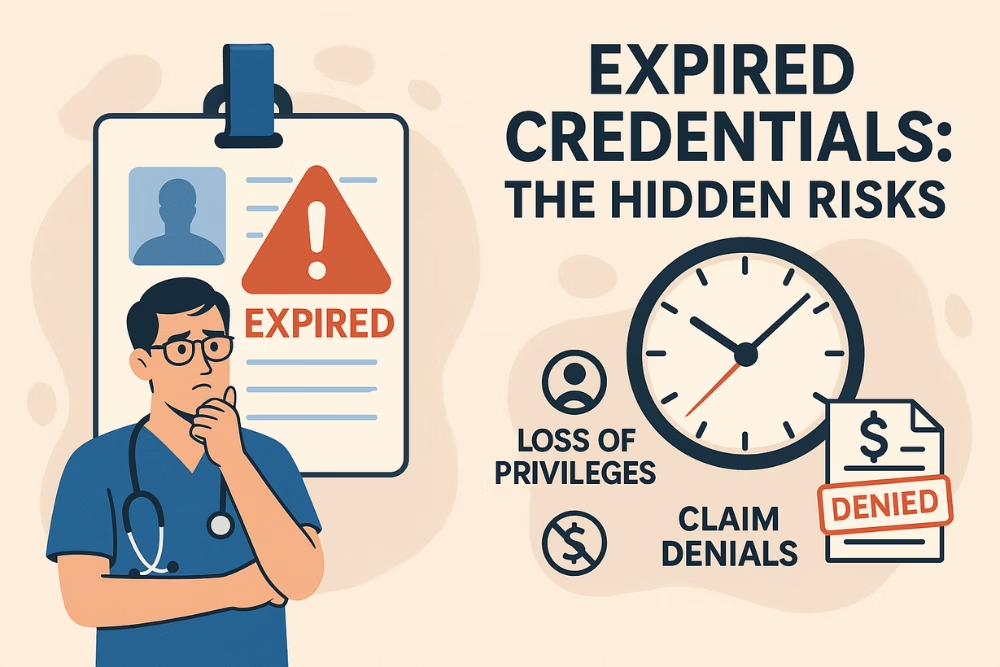DEA Registration for Healthcare Providers: Compliance, Impact & Best Practices
In today’s tightly regulated healthcare system, securing and maintaining a valid DEA registration is not just a legal requirement—it’s a cornerstone of ethical practice. Whether you’re a provider, clinic administrator, or practice owner, understanding DEA registration is essential for compliance, safe prescribing, efficient billing, and long-term operational success.
Why DEA Registration Is Essential
The Drug Enforcement Administration (DEA) regulates the use of controlled substances in medical settings to ensure public health and safety. Having DEA registration allows healthcare providers to:
-
Prescribe Responsibly: Legally prescribe and manage controlled substances.
-
Ensure Legal Compliance: Avoid penalties, fines, or suspension due to non-compliance.
-
Support Reimbursement: Validate insurance claims involving prescriptions for controlled substances.
-
Protect Patient Safety: Mitigate the risk of misuse, abuse, and diversion.
Types of DEA Registration
Depending on your professional role and operational setting, the DEA assigns specific registration categories:
-
Practitioner Registration – For physicians, dentists, and other licensed prescribers.
-
Hospital/Clinic Registration – For institutional use of controlled substances.
-
Mid-Level Practitioner Registration – For nurse practitioners and physician assistants, under state scope-of-practice laws.
-
Researcher Registration – For individuals conducting research involving controlled substances.
-
Manufacturer/Distributor Registration – For businesses involved in production or distribution of controlled substances.
DEA Registration’s Role in Medical Billing and Practice Management
DEA registration has implications beyond prescribing authority. It directly impacts practice operations and billing:
-
Regulatory Compliance: Ensures your practice adheres to state and federal laws.
-
Prescription Management: Only DEA-registered providers can prescribe controlled substances, ensuring accountability.
-
Insurance Reimbursement: Insurers typically require valid DEA numbers for claim approval and processing.
How to Apply for and Maintain DEA Registration
1. Check Eligibility
-
Must hold an active state medical or professional license
-
Background check and fingerprinting required
-
Must complete training if mandated by state or federal agencies
2. Complete the DEA Application
-
Submit the online Form 224
-
Pay the registration fee
-
Await background check and approval
3. Renewal and Ongoing Compliance
-
Renew registration every three years
-
Stay updated on controlled substance laws
-
Conduct internal audits and maintain secure prescription logs
-
Report any changes in address, scope, or employment
Staying Compliant in a Changing Regulatory Landscape
DEA regulations are subject to updates based on emerging public health concerns and policy shifts. Healthcare providers must:
-
Monitor updates from the DEA and state boards
-
Attend compliance training sessions
-
Maintain proper documentation and audit trails
-
Secure DEA numbers against unauthorized use
Final Thoughts
DEA registration is more than a bureaucratic step—it’s an ongoing commitment to ethical medical practice, patient safety, and legal responsibility. From ensuring access to essential medications to protecting your practice from liability, a valid DEA registration supports the core mission of healthcare.







